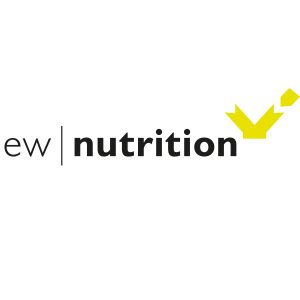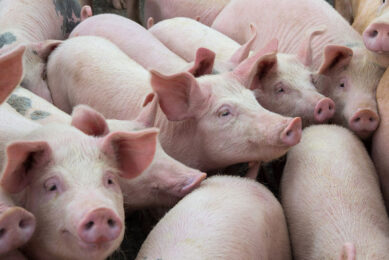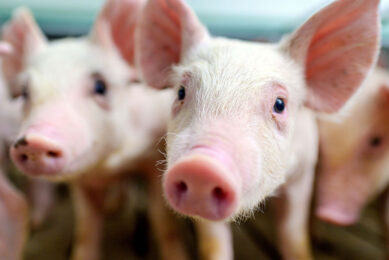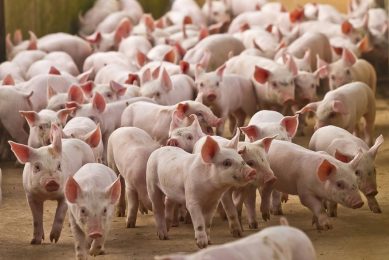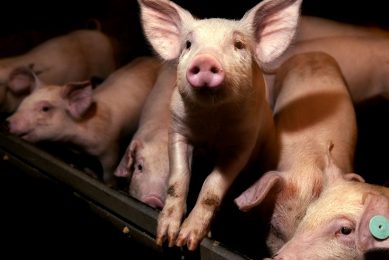5 key facts about the EU’s ZnO ban
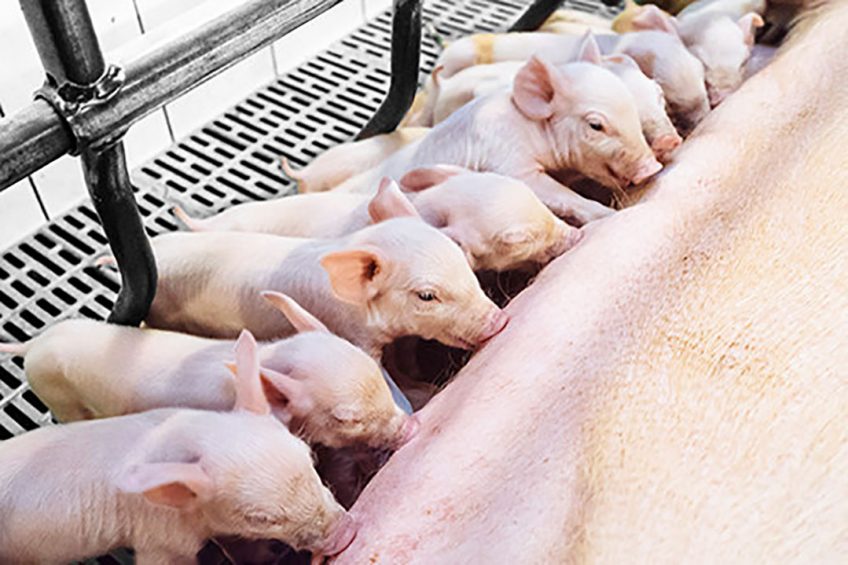
We all know the headlines about the EU’s zinc oxide ban, but who’s really on top of all the acronyms and EU jargon? Here are 5 key facts to help pig producers make sense of the ZnO ban.
 Zinc oxide can still be used as a feed additive at low dosages
Zinc oxide can still be used as a feed additive at low dosages
Pigs require zinc for various metabolic functions. The European Food Safety Authority (EFSA) holds that a total level of 150ppm meets the animals’ physiological needs for zinc. The European Commission has turned this recommendation into law: 150ppm is the legal limit for zinc supplementation for piglets. ZnO can be used as a source for this supplementation; it is included in the EU’s official register of feed additives.
 The EU sets common rules for veterinary medicinal products
The EU sets common rules for veterinary medicinal products
ZnO-based products to treat post-weaning diarrhoea in piglets, on the other hand, are classified as veterinary medicinal products (VMPs). A commonly administered dosage is 100mg per kg body weight per day for 14 consecutive days, i.e. 2500ppm zinc in feed. The EU’s rules for the production, distribution, and authorisations of VMPs are laid down in Directive 2001/82/EC and in Regulation (EC) No 726/2004. Just as the EFSA advises the European Commission on feed additives, they turn to the European Medicines Agency (EMA) regarding VMPs (Table 1).
 Zinc oxide VMPs need marketing authorisations
Zinc oxide VMPs need marketing authorisations
VMPs can only be sold and traded in the EU if they have received a marketing authorisation. Depending on the VMP and its release date, the marketing authorisation is either issued by the EMA or by national authorities. Veterinary medicines containing zinc oxide fall under the remit of national authorities. However, national authorities are supposed to turn to the EMA’s Committee for Medicinal Products for Veterinary Use (CVMP) if they have any issues with an application they receive. This is what happened in the case of zinc oxide.

Also read: If there is one thing the Zero Zinc Summit in Denmark showed, it was that finding alternatives to zinc oxide is a big puzzle. Pig Progress editor, Vincent ter Beek was there. Find out more…
 France and the Netherlands initiated the review of zinc oxide
France and the Netherlands initiated the review of zinc oxide
A company applied for a marketing authorisation for its ZnO-based medicated feeding stuff for piglets in the United Kingdom, hoping for a so-called decentralised authorisation procedure. This procedure would mean that the marketing authorisation issued in the UK would also be valid in other EU countries. However, France and the Netherlands objected to this, citing environmental concerns, doubts about the efficacy of risk mitigation measures and the issue of antimicrobial resistance. After some back and forth, they were successful.
 Bottom line: ZnO-based VMPs will be banned
Bottom line: ZnO-based VMPs will be banned
In March 2017, the CVMP concluded that zinc oxide’s benefits of preventing diarrhoea do not outweigh the risks to the environment. Therefore the panel recommended that national authorities withdraw existing marketing authorisations for zinc oxide-based VMPs and that they no longer grant new authorisations. On 26 June 2017, the European Commission adopted the CVMP’s recommendation, which means that all EU countries have to implement it. Countries may defer the implementation, but only until 26 June 2022.
Hence the search is on for effective strategies to control post-weaning diarrhoea without zinc: through better management and feed practices, as well as the support of targeted, functional feed additives.
References are available on request


